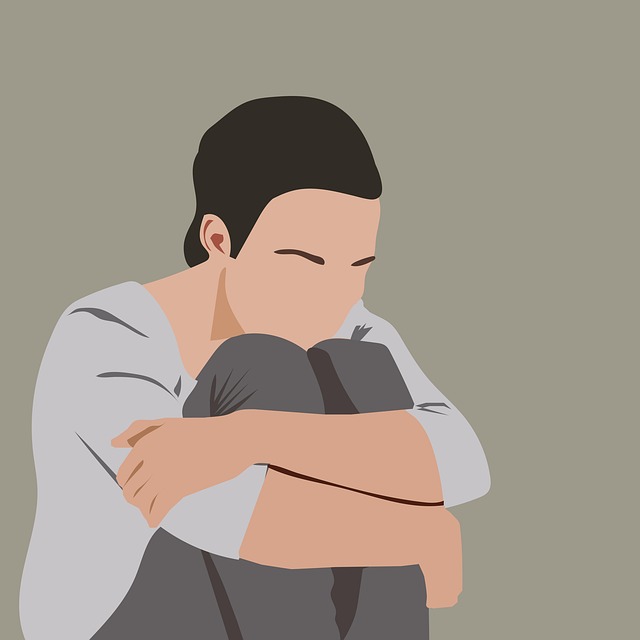In Multnomah County, Oregon, civil commitment raises concerns about individual liberties, but strict legal guidelines and support from Multnomah County Legal Aid help protect rights. Nonprofit legal aid organizations offer crucial free or low-cost services to vulnerable populations, ensuring equal protection during complex proceedings. Advocates prepare robust cases with extensive evidence, strategic legal arguments, and mental health expert collaboration to challenge commitments and safeguard freedoms.
In the intricate landscape of civil commitment, protecting individual rights is paramount. This article delves into the delicate balance between public safety and personal freedoms, focusing on Multnomah County as a case study. We explore the profound impact of civil commitment on vulnerable populations and the crucial role of legal aid in navigating these complex proceedings. By examining resources available in Multnomah County, we highlight strategies for effective advocacy, ensuring that rights are safeguarded throughout legal battles.
- Understanding Civil Commitment and Its Impact on Individual Rights
- Navigating Legal Aid in Multnomah County: Resources for Vulnerable Populations
- Strategies for Effective Advocacy: Protecting Rights in Court Battles
Understanding Civil Commitment and Its Impact on Individual Rights

Civil commitment, a process whereby individuals are confined against their will for treatment of mental health conditions, raises significant questions about balancing public safety and individual liberties. In Oregon, including areas served by Multnomah County Legal Aid, this process is subject to strict legal guidelines aimed at protecting the rights of those facing commitment. However, navigating these complex legal landscapes can be daunting, especially for those without adequate representation.
Understanding the potential consequences of civil commitment is crucial. It impacts not only an individual’s freedom but also their access to treatment and support systems. Multnomah County Legal Aid plays a vital role in ensuring that individuals facing commitment have access to legal counsel, enabling them to make informed decisions and challenging any violations of their rights throughout the process.
Navigating Legal Aid in Multnomah County: Resources for Vulnerable Populations

Navigating the complex legal system can be a daunting task, especially for vulnerable populations in Multnomah County. The good news is that numerous resources are available to provide legal aid and support to those who may not otherwise access justice. Legal aid organizations play a crucial role in ensuring equal protection under the law by offering free or low-cost legal services to individuals who cannot afford private representation.
In Multnomah County, several nonprofit legal aid organizations have dedicated themselves to assisting people facing civil commitment proceedings. These organizations provide a range of services, including counseling, documentation assistance, and representation in court. They work tirelessly to protect the rights of those who may be at risk of involuntary commitment, ensuring that their voices are heard and their interests are advocated for during these challenging times.
Strategies for Effective Advocacy: Protecting Rights in Court Battles

In civil commitment cases, effective advocacy is paramount to ensuring the protection of individual rights. A key strategy for advocates representing individuals in Multnomah County legal aid is to thoroughly prepare and present a compelling case. This involves gathering extensive evidence, interviewing witnesses, and closely examining all relevant laws and precedents. By building a robust record, advocates can effectively challenge the commitment, demonstrating that the individual’s freedoms are being unduly restricted.
Moreover, utilizing strategic legal arguments tailored to the unique circumstances of each case is essential. Advocates should highlight procedural irregularities, question the admissibility of evidence, and argue against any violations of due process rights. Collaborating with experts in mental health and law can also strengthen the defense, providing a nuanced understanding of the client’s condition and their constitutional entitlements. Such comprehensive preparation positions advocates to mount a robust defense, safeguarding the rights of individuals in civil commitment legal battles.






